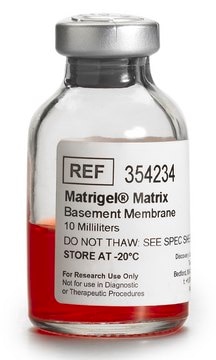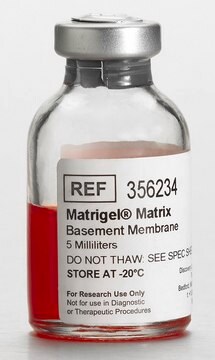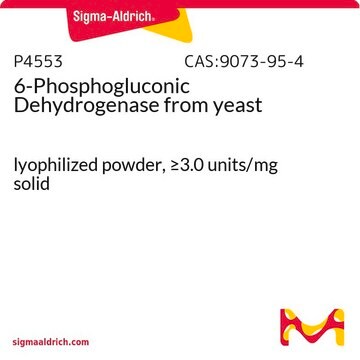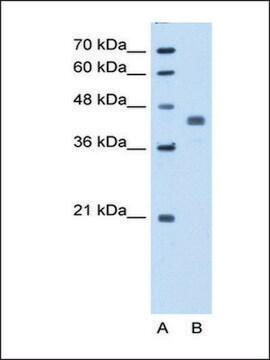AV48137
Anti-PDHA1 (AB2) antibody produced in rabbit
IgG fraction of antiserum
Synonym(s):
Anti-PDHA, Anti-PDHCE1A, Anti-PHE1A, Anti-Pyruvate dehydrogenase (lipoamide) α 1
About This Item
Recommended Products
biological source
rabbit
Quality Level
conjugate
unconjugated
antibody form
IgG fraction of antiserum
antibody product type
primary antibodies
clone
polyclonal
form
buffered aqueous solution
mol wt
40 kDa
species reactivity
human, pig, rat, mouse, bovine, dog
concentration
0.5 mg - 1 mg/mL
technique(s)
western blot: suitable
NCBI accession no.
UniProt accession no.
shipped in
wet ice
storage temp.
−20°C
target post-translational modification
unmodified
Gene Information
human ... PDHA1(5160)
General description
Rabbit Anti-PDHA1 antibody recognizes human, mouse, rat, canine, bovine, pig, chicken, and zebrafish PDHA1.
Immunogen
Application
Biochem/physiol Actions
Physical form
Disclaimer
Not finding the right product?
Try our Product Selector Tool.
Storage Class Code
10 - Combustible liquids
WGK
WGK 3
Flash Point(F)
Not applicable
Flash Point(C)
Not applicable
Choose from one of the most recent versions:
Certificates of Analysis (COA)
Don't see the Right Version?
If you require a particular version, you can look up a specific certificate by the Lot or Batch number.
Already Own This Product?
Find documentation for the products that you have recently purchased in the Document Library.
Our team of scientists has experience in all areas of research including Life Science, Material Science, Chemical Synthesis, Chromatography, Analytical and many others.
Contact Technical Service




![PI3 kinase [p110a(E545K)/p85a] Active human recombinant, expressed in baculovirus infected insect cells, ≥55% (SDS-PAGE)](/deepweb/assets/sigmaaldrich/product/images/163/742/1cb58aa5-f4e9-4d30-8fb0-4b560e470a03/640/1cb58aa5-f4e9-4d30-8fb0-4b560e470a03.jpg)


